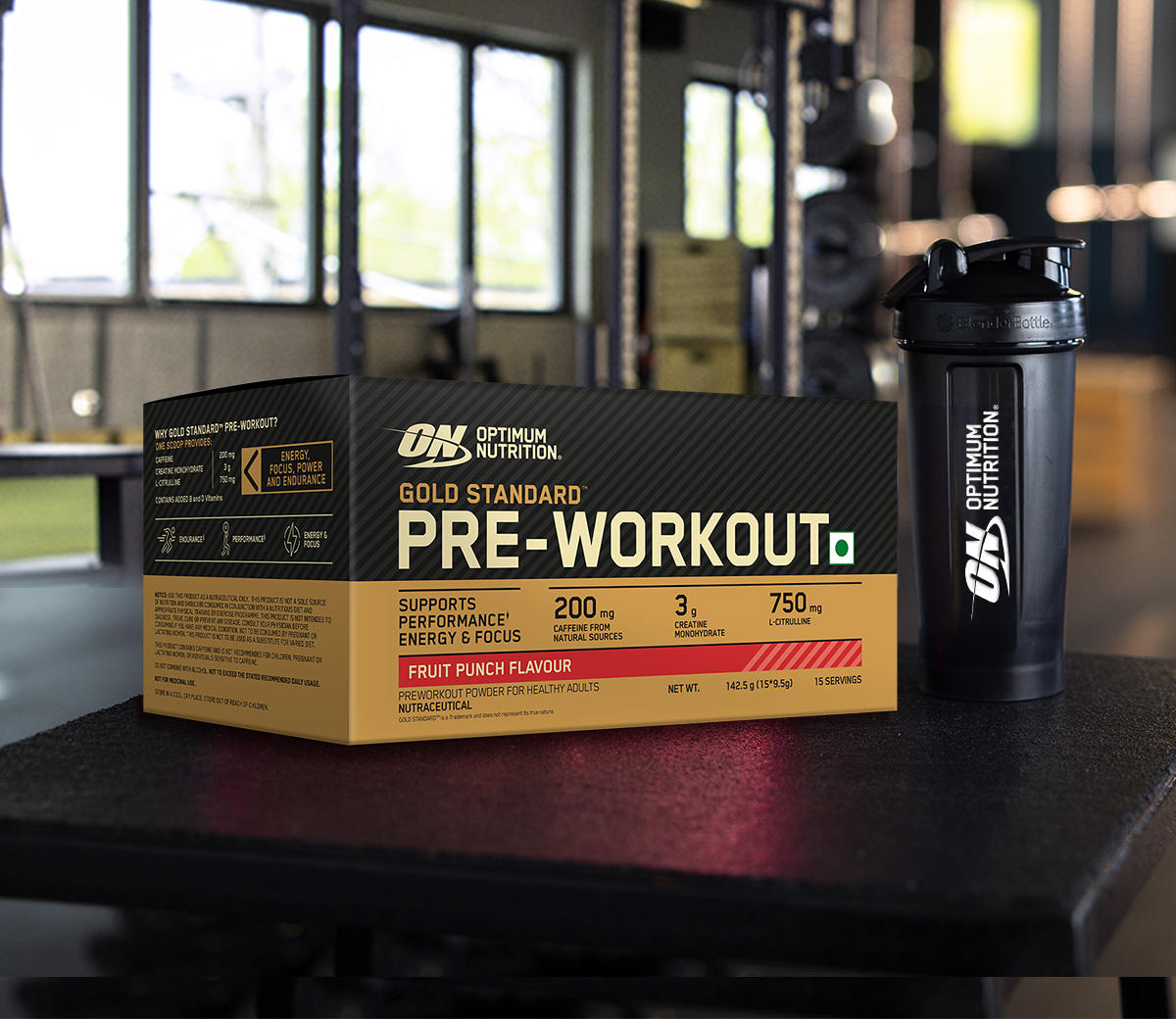 |||
5 minutes
|||
5 minutes
Everything you need to know about pre-workout supplements!
Do you consume preworkout supplements? Or are you planning to try this new hip preworkout that everyone in your gym is going ga ga about? Here are few basics to know about preworkouts so that you choose the preworkout that suits your needs and make it work for you.
What is a pre-workout?
Pre-workout supplements are often designed to support energy, focus, and endurance during your training. Typically found in powder form, pre-workouts are a convenient way to add caffeine and other functional ingredients to make the most of your workout. Read below about some of the common ingredients found in pre-workouts.
COMMON INGREDIENTS
Caffeine
Caffeine is a key ingredient in most pre-workout supplements used to support energy. Caffeine may also support focus, mood, and endurance.
Caffeine acts in the brain by blocking the action of a neurotransmitter called Adenosine. Adenosine promotes relaxation and sleepiness. When Caffeine occupies the adenosine receptors in the brain, it can help support energy and focus – the reasons why most athletes use a Caffeine-containing preworkout.
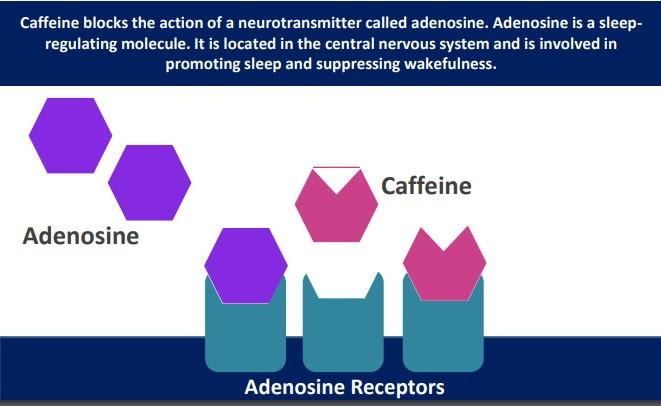
Depending on the pre-workout supplement, the amount of caffeine can range from 100-300mg or more. Keep in mind more is not always better and too much caffeine may cause nervousness, irritability, sleeplessness, and occasionally rapid heartbeat.
*Note: India Caffeine Permitted Range: 200 mg per serve and maximum 300 mg per day.
Beta Alanine
Beta Alanine is a non-essential amino acid that can be produced by the body and is also found in meat, poultry, and fish. Beta Alanine is a precursor to carnosine, a molecule that supports buffering acid in muscles in response to physical activity. Beta Alanine can support endurance, carnosine synthesis, and may help you train harder and longer when taken over time. Beta-alanine taken in large doses or by sensitive individuals may cause a temporary, harmless, tingling feeling called paresthesia.
Creatine
Creatine is perhaps the most well understood but least used tool in the performance toolbox, let’s consider some of the most common reasons people today don’t use Creatine. In other words – Creatine myths…
Common Myths: Creatine makes females bulk up. Creatine increases water retention. Creatine causes cramping. Creatine causes dehydration.
Before Understanding Creatine, which is one of the most well-researched and tested sports nutrition supplements, you need to understand energy production in the body. Every cell needs energy to function. Muscle cells need energy to contract. This energy is in the form of a molecule called ATP (Adenosine Triphosphate). Energy is produced when one of the phosphate groups is removed from the ATP molecule. Once the one phosphate group is removed, only two remain. The molecule is now called ADP (Adenosine Diphosphate). This “recycling” process requires energy and the replacement of the third phosphate.
This brings us back to Creatine. Creatine can support energy production by supporting ATP regeneration.
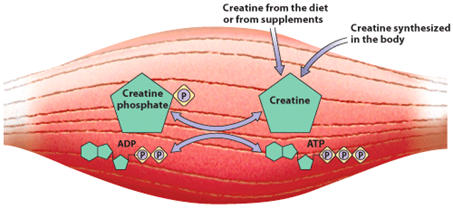
Creatine may support strength, power, performance, recovery, and muscle building when taken over time with regular resistance exercise.
So, what does this all mean? Taking Creatine daily (training and non-training days) over time combined with high-intensity activities helps support performance, muscle strength and power.
One last thing. As Creatine works chronically over time and not acutely, loading Creatine is simply not necessary. Once muscle Creatine levels are maxed, you are not going increase levels further. In addition, time of day for consumption is less important as well so do whatever is convenient for you and will encourage consistency in your routine.
Citrulline
Citrulline is an amino acid. It is a precursor to Nitric Oxide (N.O.) which acts as a vasodilator. It helps improve blood circulation and may help with improved performance and bring forth the transient muscle swelling also known as “the pump”.
B Vitamins
B Vitamins (B1 - Thiamine, B2 - Riboflavin, B3 - Niacin, B5 - Pantothenic Acid, B6 - Pyridoxal, B7 - Biotin, B9 - Folate, and B12 – Cobalamin) may be found in your pre-workout because B vitamins help convert the food you eat into cellular energy and support the breakdown and transport of nutrients.br> Other ingredients such as electrolytes, plant extracts are commonly found in preworkouts.
TIMING
When to take pre workout supplements?
Pre-workouts are typically consumed 15-60 minutes before exercise. Be sure to read and follow the instructions carefully.
Does taking preworkout guarantee that it will help you crush every workout goal every time?
Some ingredients in the preworkout act acutely, means they give you the effect in short time. Caffeine and Citrulline act acutely. However other ingredients such as creatine, Beta alanine act chronically. Means you have to take them consistently over a period to see the effect. Being mindful of ingredients is one thing, other thing is making sure you are taking care of your overall diet, sleep, hydration, recovery. No preworkout can compensate for a less than good lifestyle.
- Your Performance Goals: Now you know that creatine supports power, caffeine helps with energy, beta alanine and citrulline helps with endurance, etc. So depending on your goals, choose a workout with the necessary ingredients.
- Quality: Make sure to go with a brand/manufacturer that is known for manufacturing quality supplements.
- Trust: Make sure that the preworkout is banned substance tested.
Optimum Nutrition Gold Standard PreWorkout has Creatine, Caffeine, Citruline, Beta Alanine, B vitamins. Ingredients that you know and can trust. No Noise, just proven ingredients! And it is also informed choice certified, banned substance tested.
Take Home Message
As we wrap up here remember the most important message… no preworkout is going to compensate for lack of sleep, proper nutrition, and adequate recovery. A preworkout can be a powerful tool in your performance toolbox – but it's just one tool. So, use it wisely and don’t forget all the other tools in your performance toolbox that together can help move you from ordinary to extraordinary!
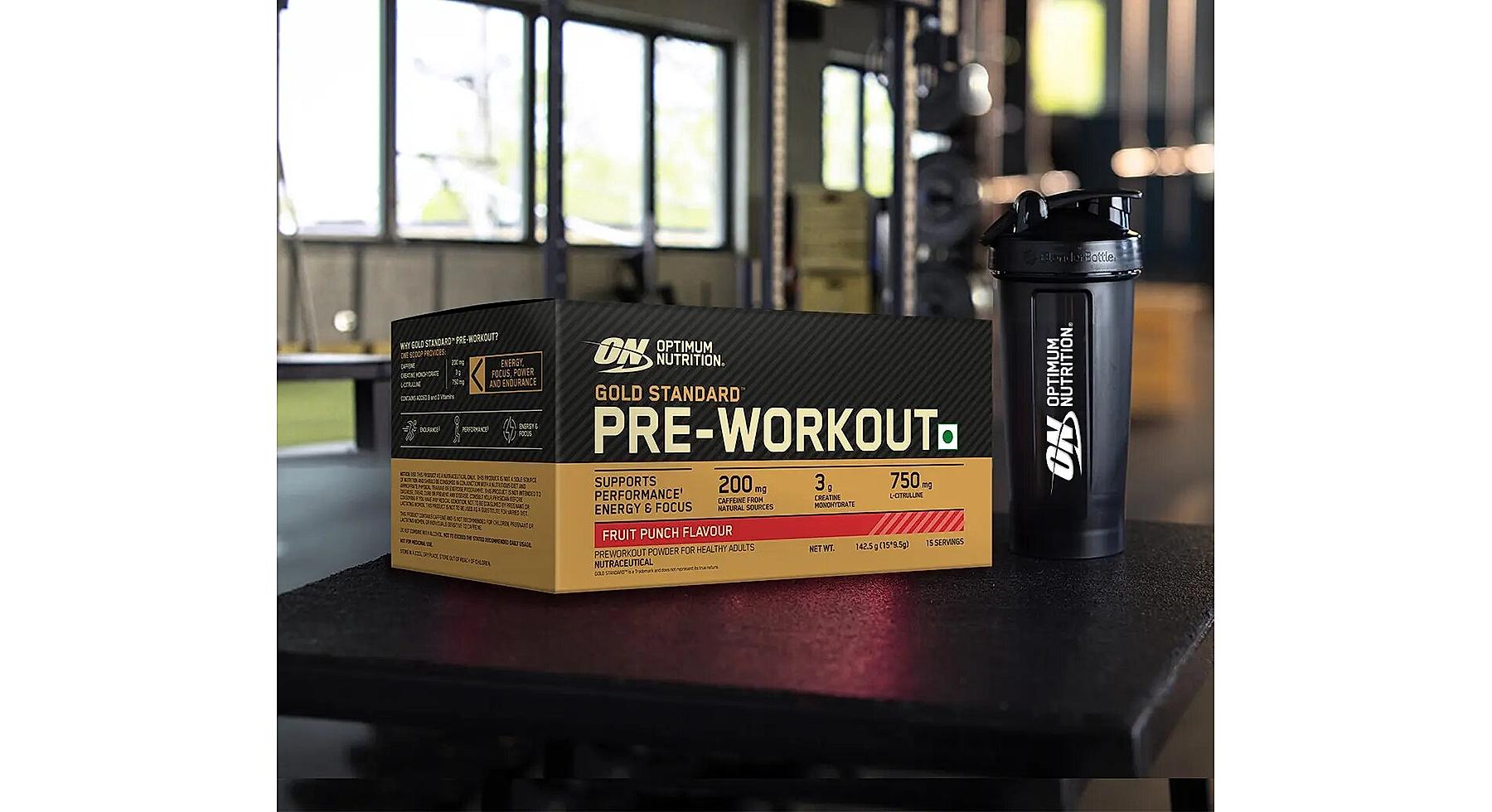
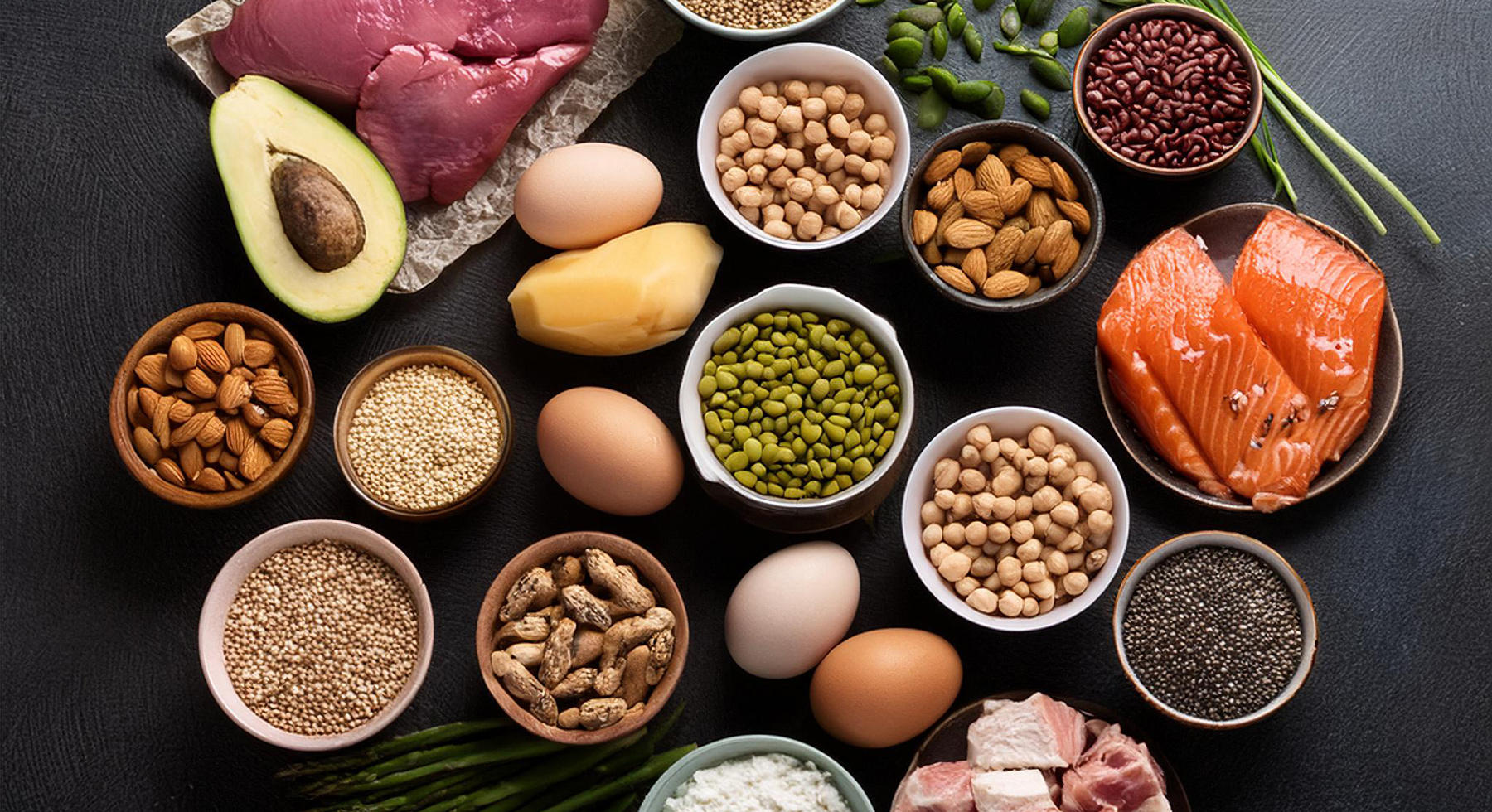
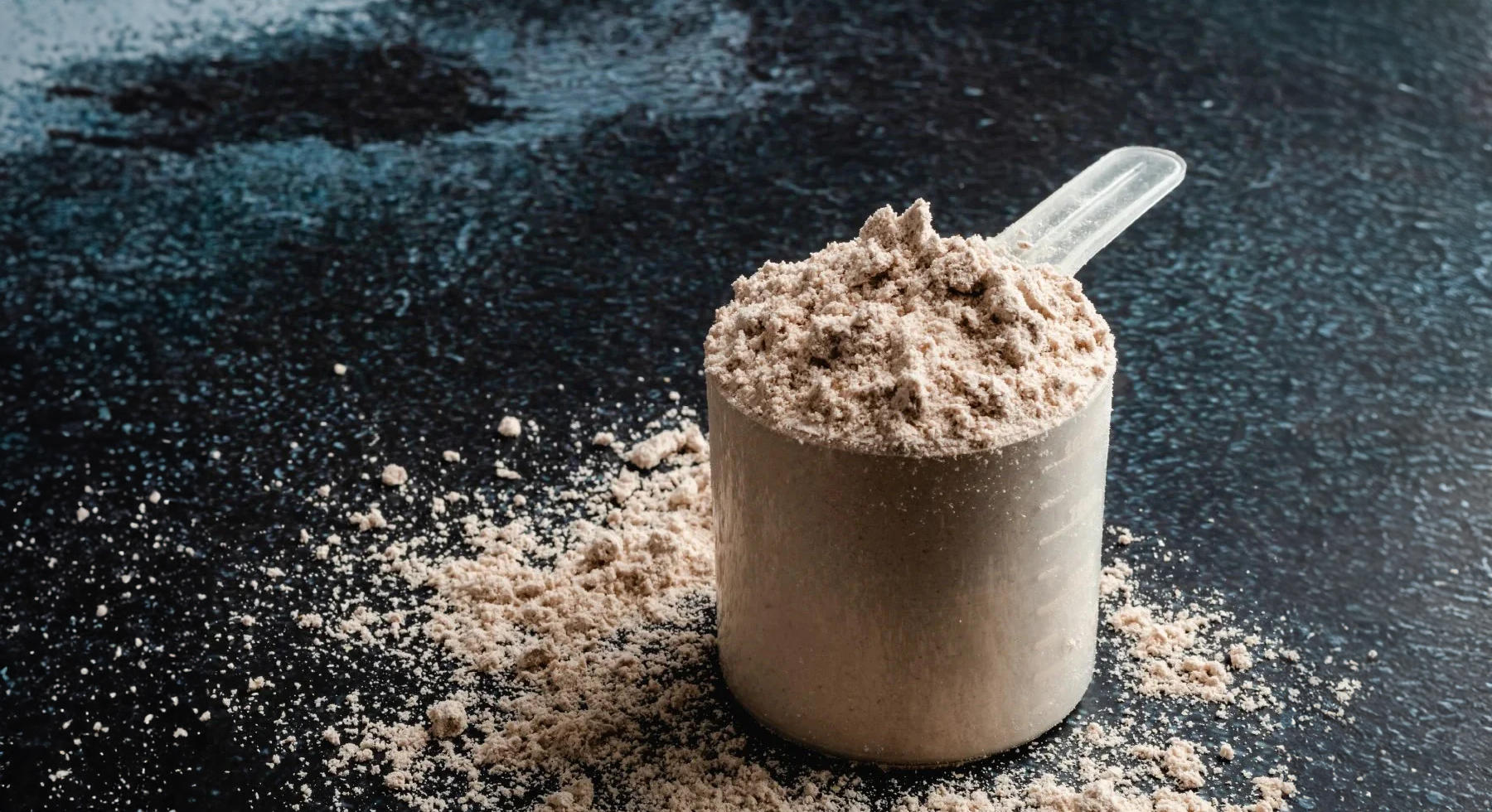
.jpg)